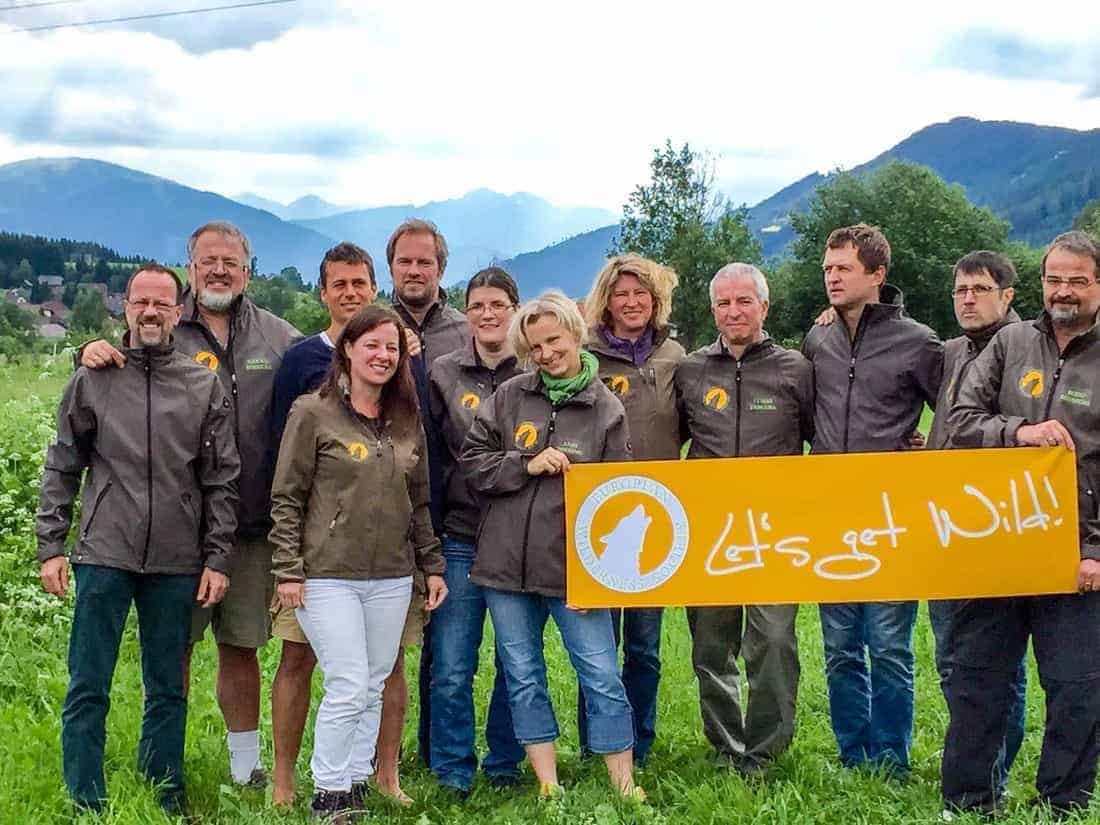Young and eco-friendly
“Behavioristics” studies trends in society based on the behavior of each particular individual. And there is some difference between adults’ and teenagers’ reasons to follow an eco-friendly lifestyle.
Today, youth worldwide are rising in social movements to tackle environmental issues such as climate change. The bright example is Greta Thunberg and her movement “Fridays for Future” that brought thousands of people to the streets. This may show moral standards of European youth that motivate them to join the pro-environmental movement. But can we rely on this case?
Psychologists used to rely on adults’ opinion in their studies and focus groups, because teenagers’ values are not stable yet. So, here we have the question: how can we develop effective policies oriented towards active youth if we don’t know the core of their environmental self-identity?
How does pro-environmental behavior work?
Four groups of values are the core to explain pro-environmental behavior. The first of them is named “biospheric”, caring for nature and the environment. The second is “altruistic values” that are responsible for taking care of other people. Surprisingly, “egoistic values” can also contribute to eco-activism, as they push people to care for the personal interest of living in a clean environment. And the last is “hedonic values”, which guide us in seeking pleasure and comfort.
The strongest impact on pro-environmental behavior is related to the biospheric values of the individual. Through these values, they can find their environmental self-identity, which is the extent to which someone sees themselves as an individual who acts in an environmentally-friendly way. Here, pro-environmental actions come on the stage. People with environmental self-identity feel the moral obligation to protect nature or at least not to harm it.
Participation in energy conservation projects or recycling satisfies them by accomplishing their moral duty. Endorphins from this pleasure motivate us to repeat the action again and again.
What about youth?
Interesting fact: pro-environmental behavior tends to decline from childhood to adolescence and increase in adulthood again. It leads us to suggestion that youth eco-activism is not stable and based is on their self-enhancement values rather than environmental self-identity. However, there is not enough to data to support this thesis.
It important to understand that the same behavior can be caused by absolutely different values. For example, recycling. A teenager can say “I see myself as someone who recycles”; that is a specific construct and can easily influenced by social opinion, trends. On the other hand, they can say “I feel morally obliged to recycle” which is a personal norm and therefore more stable.
Various pro-environmental behaviors should be promoted, but only upbringing of biospheric values can make them constant and motivate teenagers to make conscious choices.
Some data analysis
In 2020, three studies of pro-environmental teenage behavior were conducted in Lithuania by Audra Balundė and Goda Perlaviciute, doctorates at Mykolas Romeris University. Overall, 1510 youth participated in a questionnaire.
The researchers defined that the teenagers can distinguish their biospheric values from altruistic, egoistic and hedonic values. In the case of youth, they may have a strong ecological self-identity, but sometimes don’t have enough control to showcase it through their actions. For example, pro-environmental behavior can be relatively costly, such as purchasing organic products, or teenagers may not have control over certain choices, such as their means of transportation.
More than 50% of respondents showed high prioritization of their biospheric values. There is preliminary evidence that education about nature makes adolescents feel more connected to nature and could potentially strengthen their biospheric values. There are already programs appearing in higher formal education such as environmental psychology, sustainable leadership, and sustainable development.
If government institutions would pay more attention to development of youth environmental policies, it would bring humanity towards the formation of a pro-environmental society in the next 10-15 years.
For this reason European Wilderness society with partners will organize Youth Green Conference-2022, the event to connect sixty youngsters from 5 countries will spend 5 days exploring ways to become actively involved in their local society to help mitigate climate change and save environment. Feel free to check it out and advocate willderness with us!








